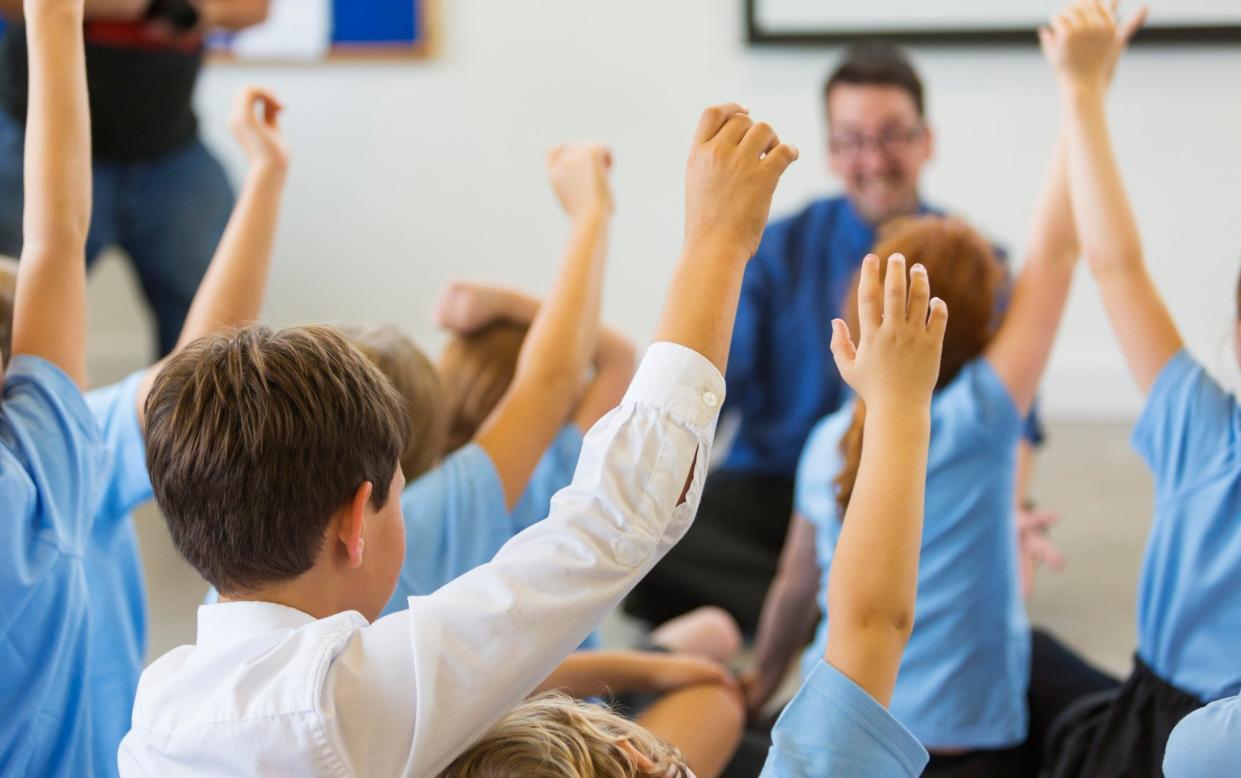Children at selective schools grow into happier adults, researchers find

Children who go to selective schools may be slightly happier with their life aged 25 but don’t get better grades, a study suggests.
Researchers from Victoria University in Melbourne found that attending an academically selective school resulted in slightly higher general life satisfaction scores.
Scientists tracked almost 3,000 pupils from a long-running study of Australians who were 15 in 2009, following them for more than a decade.
The measure of general satisfaction incorporated young people’s ratings of their happiness with their lives at home, social lives, spare time activities, standards of living, where they live, how they get along with others, independence and their lives as a whole.
People who went to a selective school scored 0.19 higher on this scale, statistically significant but not a particularly large difference, the scientists say.
The study also found there is “little difference in the education, employment and life satisfaction outcomes” between students who go to a normal comprehensive and a school which tests children for entry.
The odds of being employed at 25 and at university aged 19 were the same for both types of school.
These very modest findings indicate that attending an academically selective school does not appear to pay off in large benefits for individuals,” the study authors write in their study, published in the British Journal of Educational Studies.
Earning potential
The study, however, did not gather data on the calibre of universities the students went to or the earning potential and sector of their vocations as adults, which they admit is a limitation.
“Rather than tweak some aspects of the enrolment processes, we see greater value in conducting a thorough and critical examination of fully and partially selective schools, and scaling back selectivity if the supposed benefits are not found,” says Dr Shuyan Huo, of the Centre for International Research on Education Systems at the University of Victoria.


